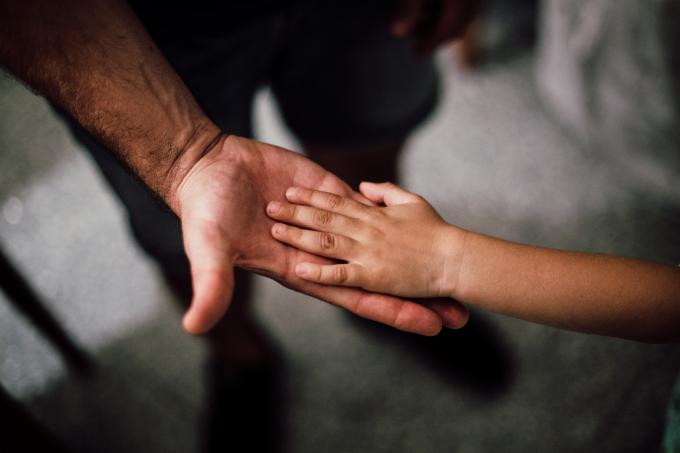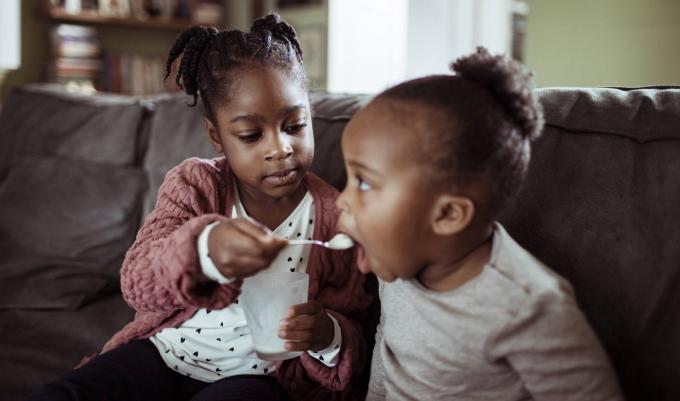As the cost-of-living crisis gets worse and more frightening by the day, more children are at risk of being pulled into poverty, or into deeper poverty.
More than 1 in 4 of all children in the UK now live in poverty, with millions facing the risk of going hungry. Living in poverty can mean a child is living in a cold home, going hungry, or without everyday essentials.
Children in the most vulnerable and precarious circumstances will be among those most exposed to the cost-of-living crisis. Families with nothing left to cut back on are no longer having to choose between heating or eating – instead they’re unable to afford either.
Growing up in poverty can harm children’s life chances, limiting their opportunities, holding them back in education, or leading to worse physical and mental health outcomes.
Most stuff is now becoming more expensive, so I’ve been charging my phone and laptop when I’m in college, I’ve been trying to not have my radiator on, I’ve been trying to support my siblings emotionally.
Young person
What does our latest evidence show?
New evidence in Barnardo’s report ‘At what cost? The impact of the cost-of-living crisis on children and young people’ shows that:
-
More than half of parents (54%) have been forced to cut back on food spending for their family over the past 12 months.
-
One in five parents said they have struggled to provide sufficient food due to the current cost-of-living crisis, and over a quarter (26%) said their child’s mental health has worsened due to the situation.
-
Parents have admitted resorting to desperate measures, with a quarter (26%) having sold possessions, one in five (20%) having taken on new credit cards, extra debt or a payday loan, and sixteen respondents have even left pets at rescue centres due to the rising cost-of-living.
It’s clear that we need to act urgently to help children in poverty.
Mentally, it's taken a massive toll. I was thinking of seeing a counsellor, but I don't want to because of the fear of how much it would cost. I haven't been able to get the correct help.
Young person
What needs to happen?
Our recommendations aimed at alleviating the worst effects of the cost-of-living crisis on children, young people and families include:
- The extension of free school meals to all primary school pupils in England
- Develop and implement a ‘full participation plan’ to ensure vulnerable children can engage fully in school life, no matter their home circumstances
- Strengthen social security to provide a lifeline to families on a low income
- Improved mental health interventions and support to combat isolation for vulnerable children and young people
- Extension of family hubs to every community
While these recommendations will not fundamentally shift the dial on the systemic issues faced by children living in poverty in the UK today, they represent a package of support which we hope will alleviate some of the worst and immediate impacts of the cost-of-living crisis.
I feel like the government really needs to do something about the cost-of-living, because if they don't, most children are more likely to end in poverty. Then the social services are more likely to get more children, and then the government is still going to pay.
Young person
Join us and make sure no child goes hungry
We're calling on the government to:
• introduce free school meals for all primary school children in England
• do more to tackle hunger during the school holidays.
Free school meals for all primary aged children would mean that every child would get at least one nutritious, healthy, filling meal a day, whatever they are facing at home.
Around 800,000 children living in poverty are currently missing out on free school meals.
So, by taking two minutes to sign our petition you could make a real difference to a child’s life.


Get support
Struggling with the cost-of-living crisis? Don't be afraid to ask for help. Get advice and support today.

Donate now
Donate now to help us continue our vital work to support families most in need.

How we support children
Learn more about how Barnardo's supports vulnerable children, young people and their families.

